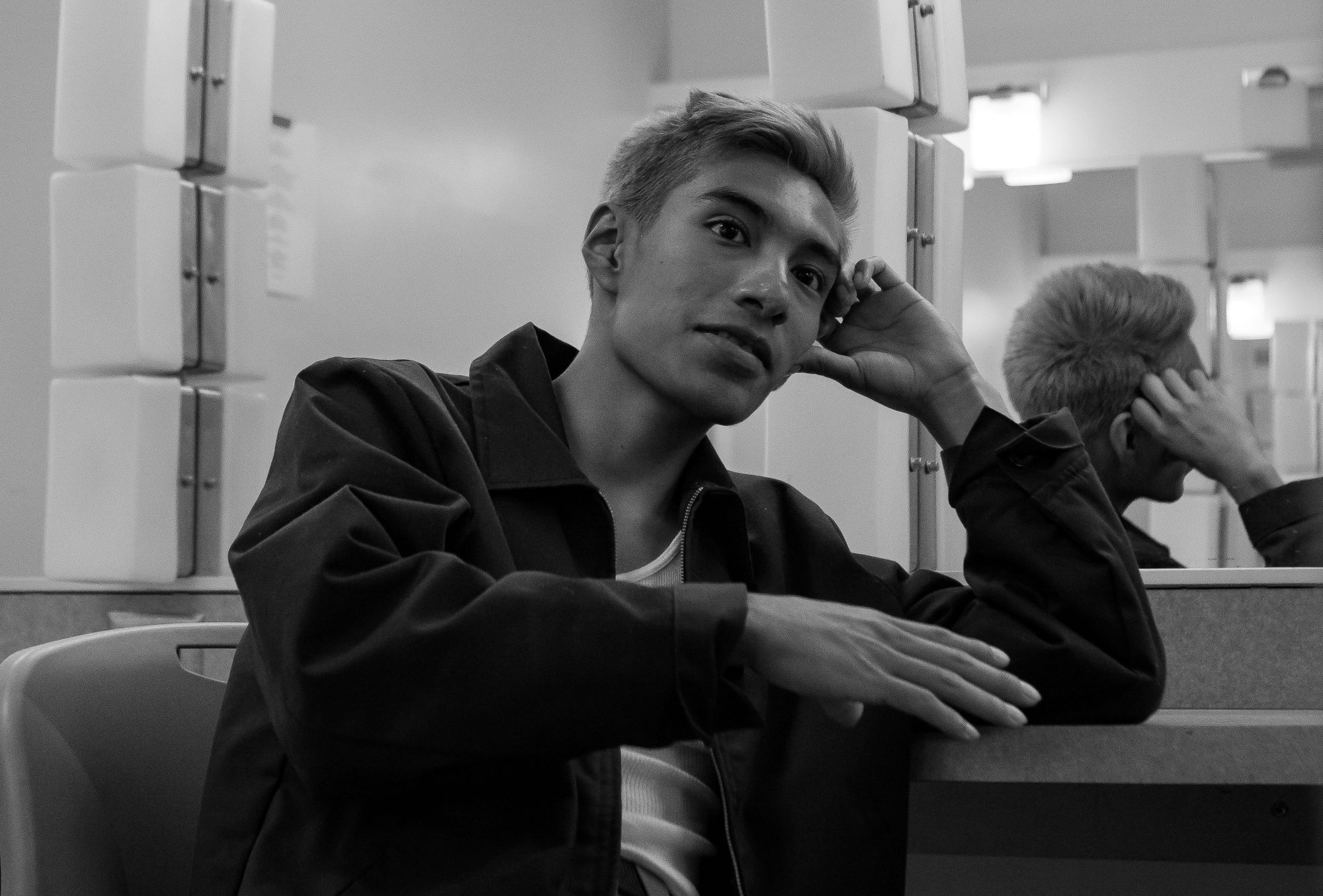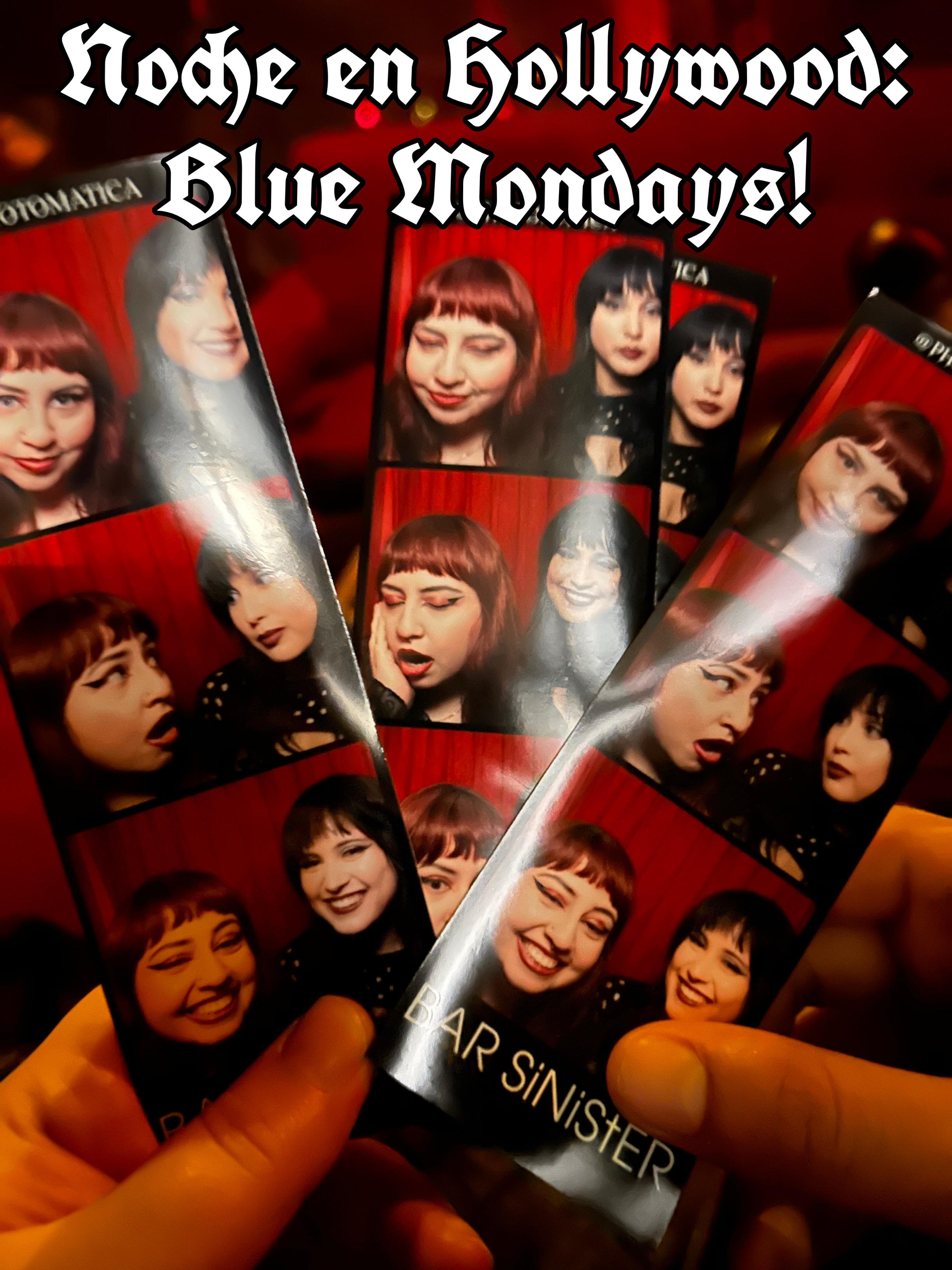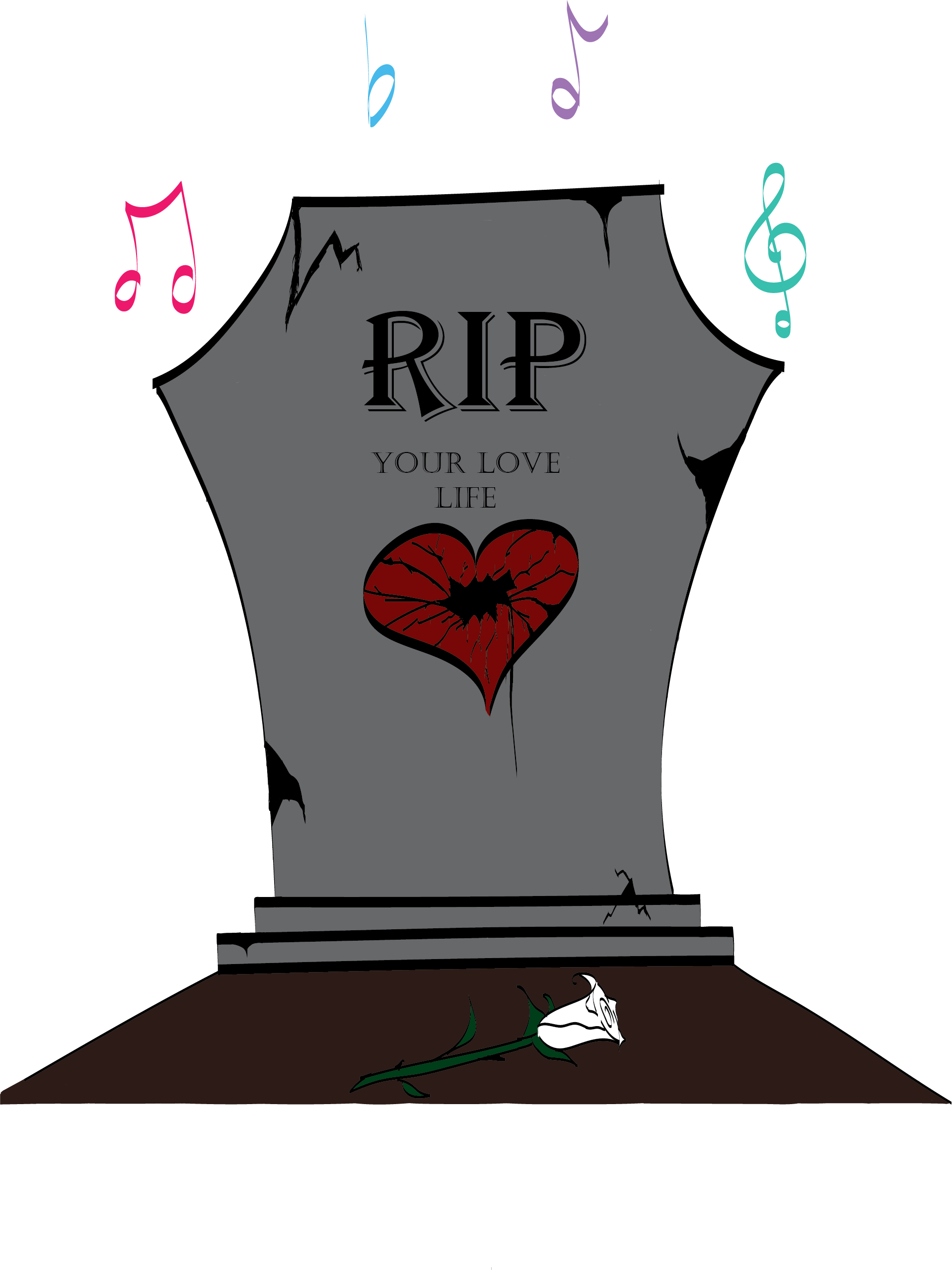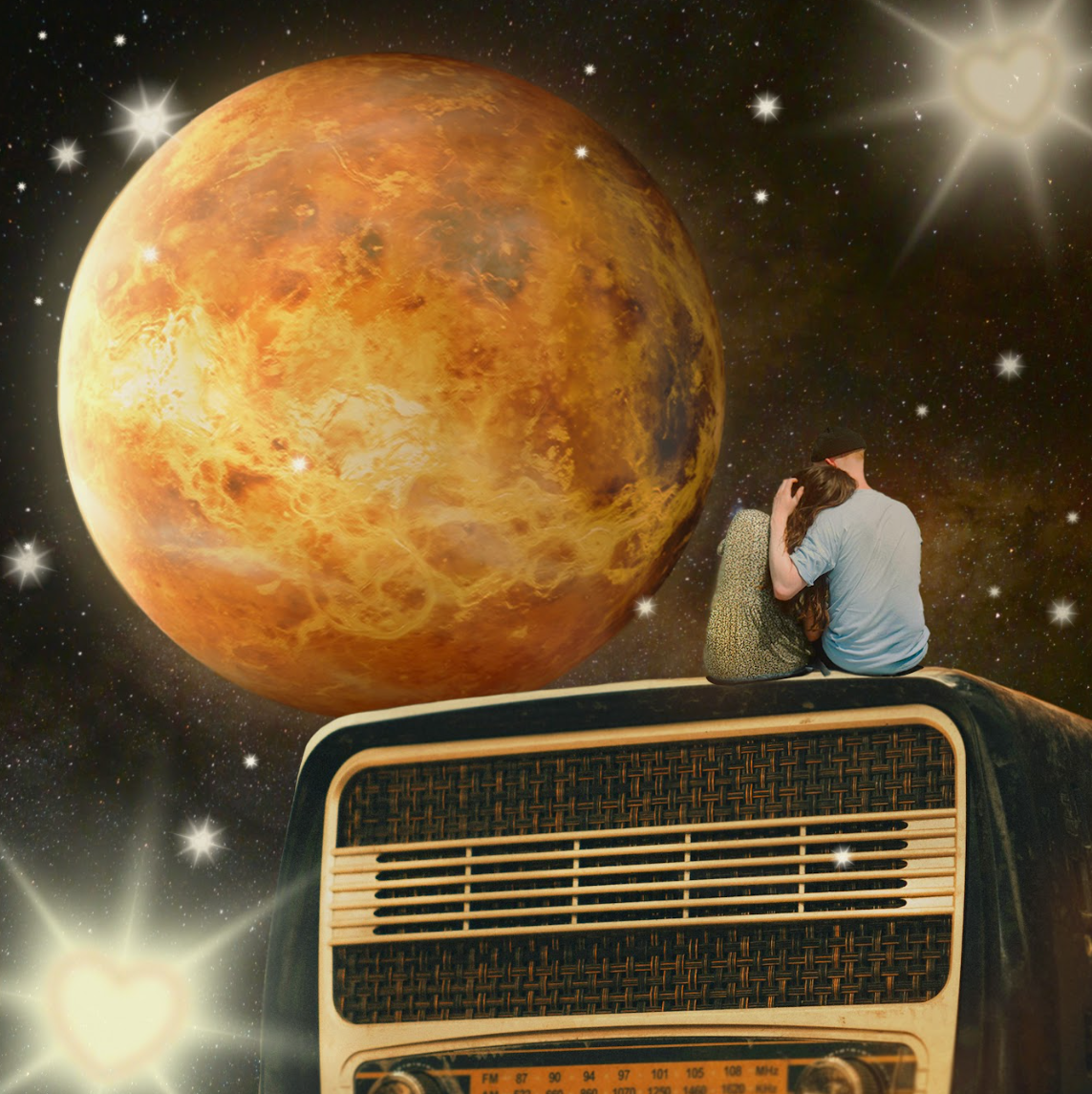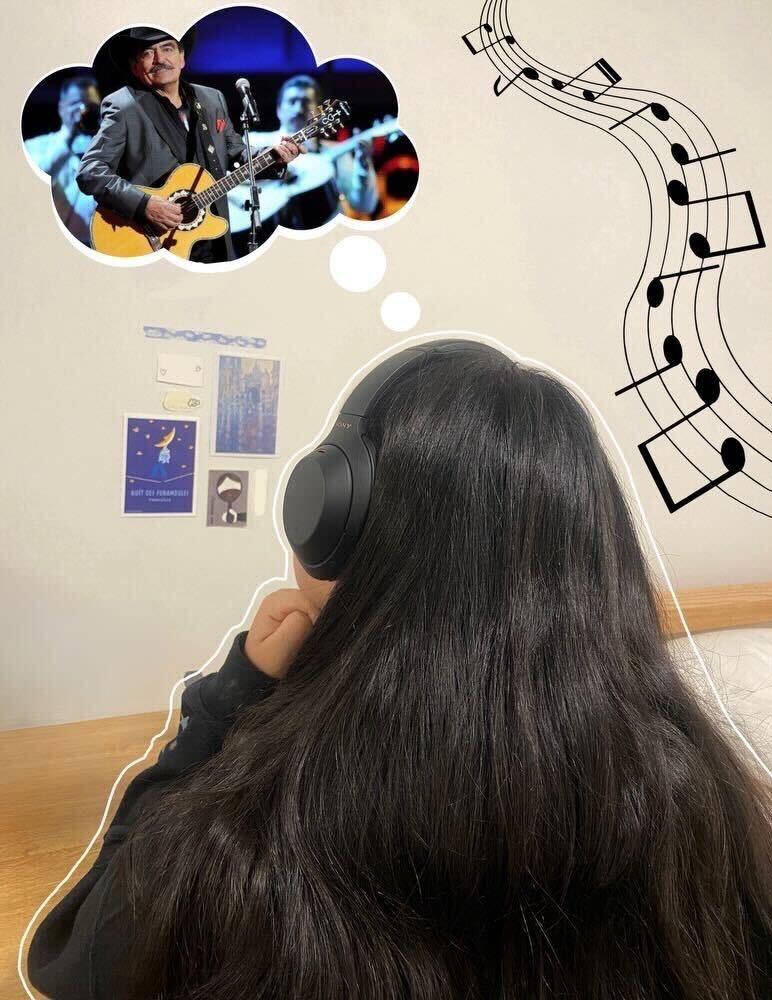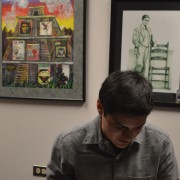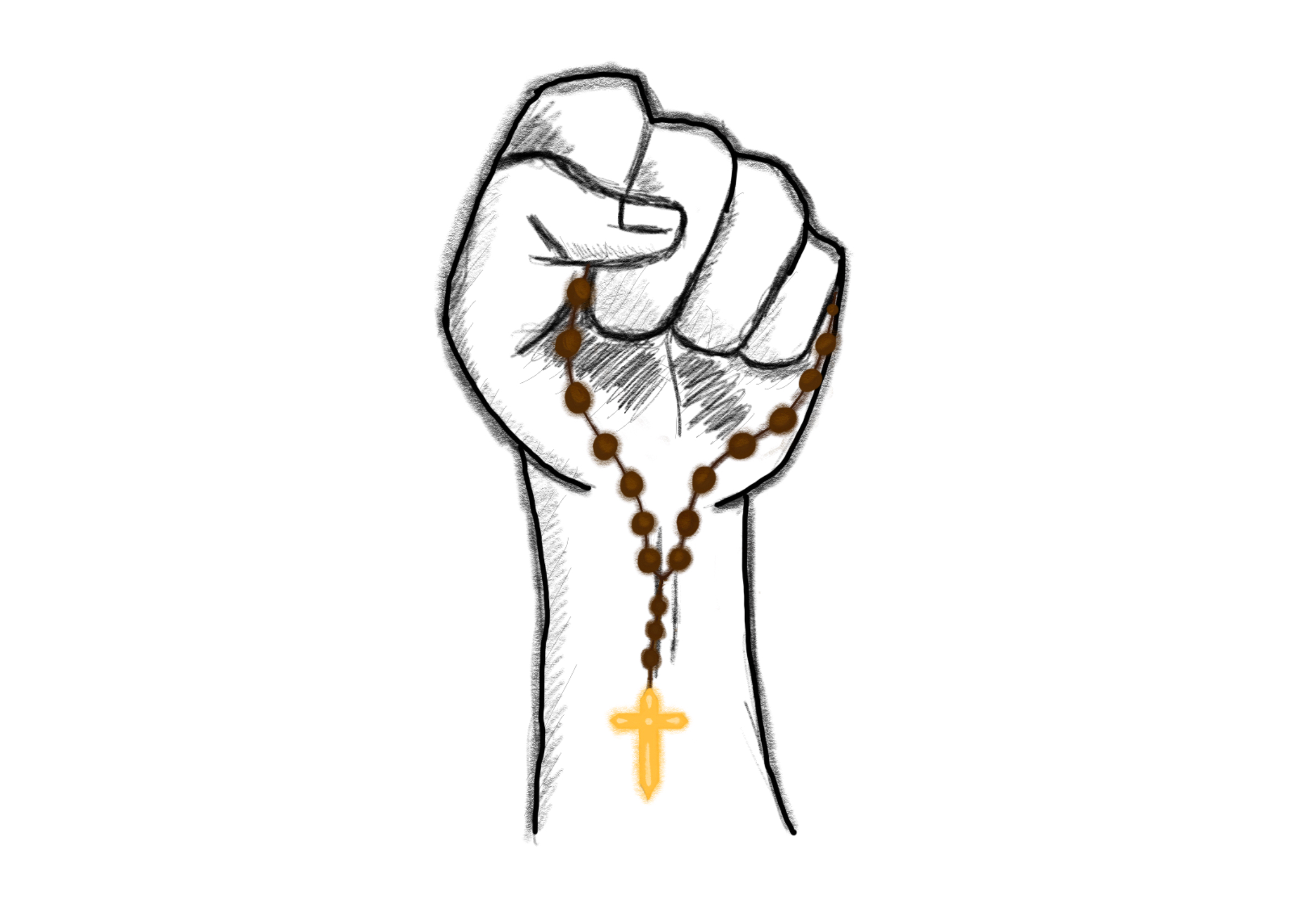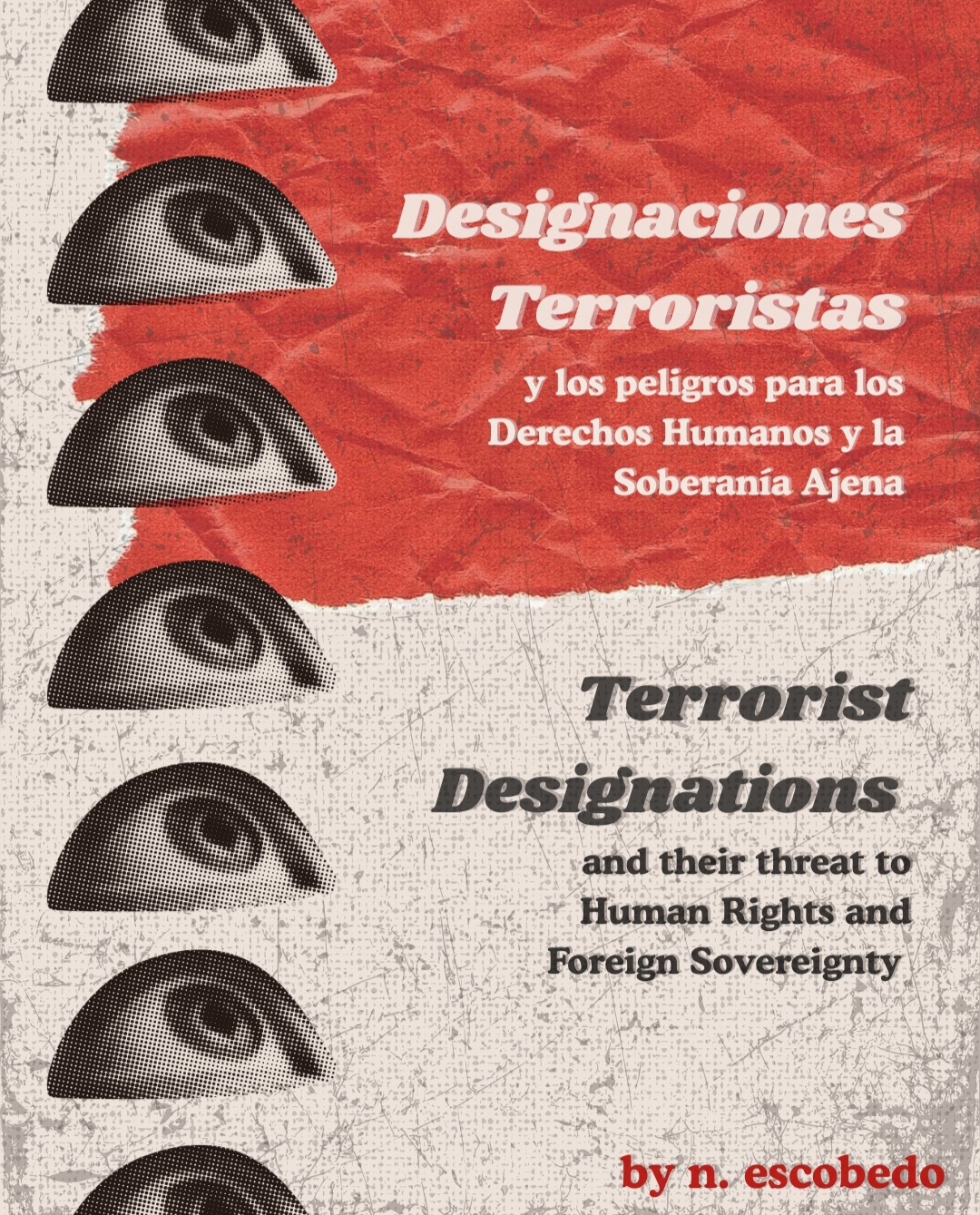Spinning Memories: DJ Bractune Keeps LA’s Alternative Nightlife Alive at Blue Mondays
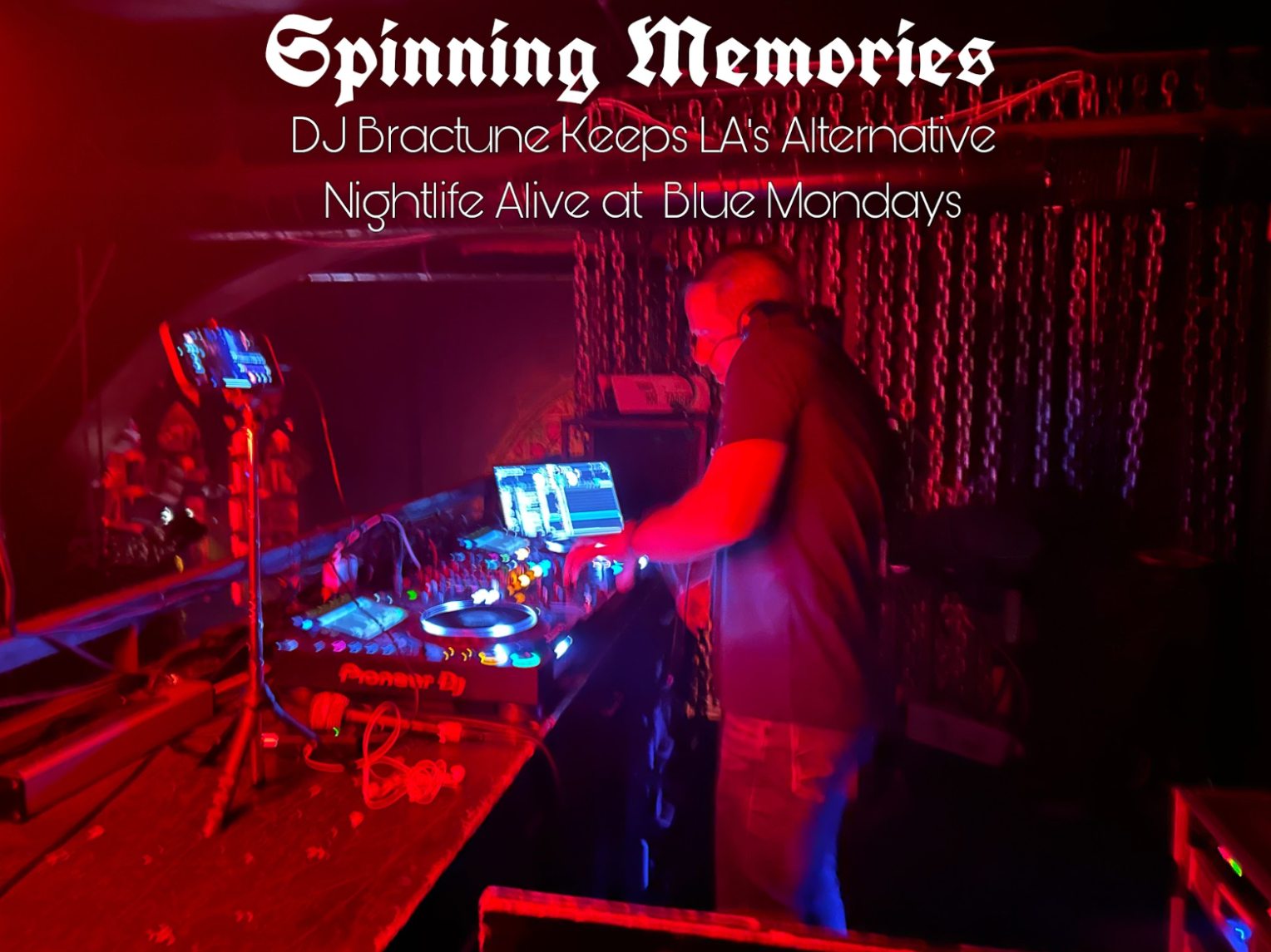
Designed by Cris Avitia Camacho
The dance floor is packed, the lights are low, and a swirl of fog moves across the room as the opening notes of “Tainted Love” hum through the speakers. Cheers erupt. Someone yells, “This is my song!” as a wave of bodies rushes toward the center. It’s Monday night in Los Angeles, and Blue Mondays is in full swing.
If you’ve ever found yourself dancing beneath the neon glow of this long-running alternative night, chances are you’ve swayed to the selections of DJ Bractune, real name Jason Bractune, the long-standing resident DJ behind the decks. With seamless transitions, an encyclopedic knowledge of alternative music, and a deep love for the ‘80s, Bractune doesn’t just play tracks—he crafts unforgettable nights.
“My job is to give people the best time possible,” Bractune says. “I want people to make long-lasting memories of a time in their lives.”
Bractune’s journey started not behind the turntables, but as a wide-eyed music lover. A formative moment came when, as a teenager, his then-girlfriend took him to his first club—a gay club in LA that introduced him to nightlife culture. Though he wasn’t part of the gay community, the experience stayed with him. “That was the first time I went to a club,” he recalled. “I had a good time, but I would say it wasn’t really my scene.” Still, the freedom of that space left a lasting impression. It wasn’t until he discovered alternative clubs at 18 that something clicked. “It opened up this world to me,” he recalls. “The music was what I loved most, and everyone looked cool. I felt like I belonged.”
At 21, armed with a love for music and the cheapest DJ equipment he could afford, Bractune began experimenting. He’s mostly self-taught, though quick to acknowledge the help and inspiration he received from fellow DJs. But technical skill, he insists, is only part of the job. “Once you’re in a room with hundreds of people, it’s about energy, experience, and making sure everyone is having fun.”
Blue Mondays, now more than 20 years strong, is more than just another retro night—it’s a time capsule and a living archive of alternative ‘80s culture. While other clubs may mix in modern remixes, crossover hits, or nostalgic gimmicks, Blue Mondays sticks to its roots: deep cuts, classic tracks, and a focus on the underground sounds that defined a generation. No genre drift, no trendy edits—just pure ‘80s alternative. For Bractune, that consistency is part of the appeal. “There’s no new ‘80s music, but there’s always new people discovering it,” he says. “You can play a song someone’s never heard and watch them fall in love on the spot.”
Even in a digital age when TikTok trends and streaming services influence taste, Blue Mondays remains loyal to its roots. Yet it’s not static. Bractune notes how social media reshapes the dance floor. “There are songs people rediscover through TikTok or shows like Stranger Things, and suddenly they’re crowd favorites.”
Despite frequent calls to include ‘80s-inspired or Spanish-language tracks—especially from the large Latine crowd that frequents the club—Bractune stays true to the format. “We’ve talked about it,” he says thoughtfully, “but there are other clubs that do that better, especially DJs who grew up with that music. I’d rather stay authentic to what Blue Mondays does best.”
For Bractune, that commitment isn’t about resisting change—it’s about knowing his role. He brings something increasingly rare to the LA club scene: a deep respect for musical lineage and an unwavering focus on cohesion. While other DJs may pivot to newer genres or blur stylistic boundaries, he anchors Blue Mondays in the sounds that shaped alternative culture. “I know what I bring to the table,” he states. “I focus on making this night as strong, immersive, and true to the era as possible.” In doing so, he offers more than nostalgia—not just a playlist, but a sense of continuity and care that keeps people coming back week after week.
That said, Bractune isn’t confined to one era or space. When he’s not at his residency at Blue Mondays or its sibling night, Blue on Thursdays, he DJs events like ‘90s Goth Club at Catch One and industrial nights with Das Bunker. He’s played warehouse raves, techno sets, indie nights, and more. “I’m a music fanatic,” he declared. “I love all of it.”
Though LA’s nightlife scene is competitive, Bractune describes it as collaborative and welcoming—especially for queer and creative communities. “All the clubs I work with—Blue Mondays, Club 90s, Das Bunker—we’re committed to making safe, inclusive spaces where people can be who they are,” he says. “That’s non-negotiable.”
In an ever-changing city, Bractune sees himself as both DJ and archivist. “This music matters. These spaces matter. I want to keep the tradition alive while creating something meaningful for the next generation.”
And when asked what song never fails to get people dancing?
“There are too many,” he laughs. “‘Tainted Love,’ ‘Enjoy the Silence,’ The Smiths, Rock Lobster—people just light up. That’s the magic.”

